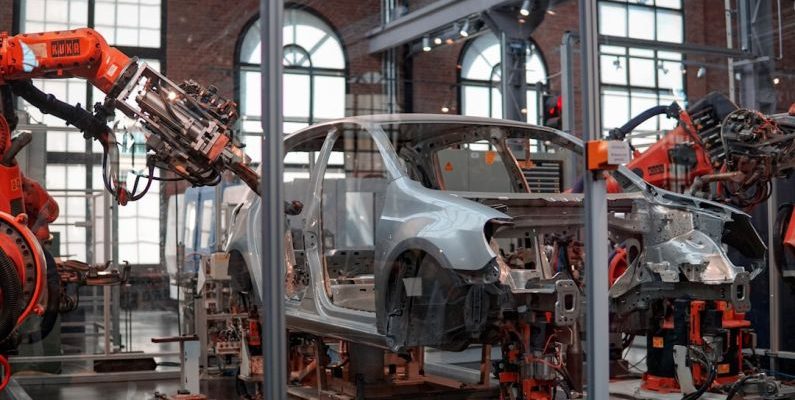In today’s rapidly evolving technological landscape, the rise of automation has significantly influenced various aspects of our lives. One of the most significant areas impacted by automation is job security. As automation technologies continue to advance, the question of how they affect the stability of employment for individuals becomes increasingly relevant.
The Evolution of Automation
Automation has been a part of the workforce for decades, with machines and technology gradually taking over tasks that were once performed by humans. However, recent advancements in artificial intelligence and robotics have accelerated the pace at which automation is being integrated into various industries. From manufacturing and transportation to healthcare and finance, automation is reshaping how work is done.
The Impact on Job Security
One of the primary concerns surrounding automation is its potential to displace human workers. As machines become more sophisticated and capable of performing complex tasks, there is a growing fear that jobs traditionally held by humans will be automated, leading to layoffs and unemployment. This shift in the workforce raises questions about the long-term stability of certain professions and industries.
Upskilling and Reskilling
While automation does pose a threat to job security in some sectors, it also creates new opportunities for upskilling and reskilling. As certain roles become automated, there is a growing demand for workers with skills in areas such as programming, data analysis, and machine learning. By acquiring these in-demand skills, individuals can position themselves for new job opportunities in the evolving labor market.
The Gig Economy
Another trend that has emerged alongside automation is the rise of the gig economy. Platforms like Uber, TaskRabbit, and Upwork have enabled individuals to find work on a freelance or contract basis, offering flexibility but also posing challenges in terms of job security. While the gig economy provides opportunities for individuals to earn income outside of traditional employment models, it also lacks the stability and benefits that come with full-time, permanent positions.
Adapting to Change
In light of these developments, it is essential for individuals to adapt to the changing nature of work brought about by automation. This may involve acquiring new skills, exploring alternative employment opportunities, or pursuing entrepreneurship. By remaining flexible and proactive in response to technological advancements, individuals can better navigate the evolving job market and enhance their long-term job security.
In conclusion, the impact of automation on job security is a complex and multifaceted issue that requires careful consideration. While automation has the potential to disrupt traditional employment models, it also presents opportunities for upskilling and reskilling. By staying informed, adaptable, and proactive, individuals can mitigate the risks associated with automation and position themselves for success in the changing landscape of work.

